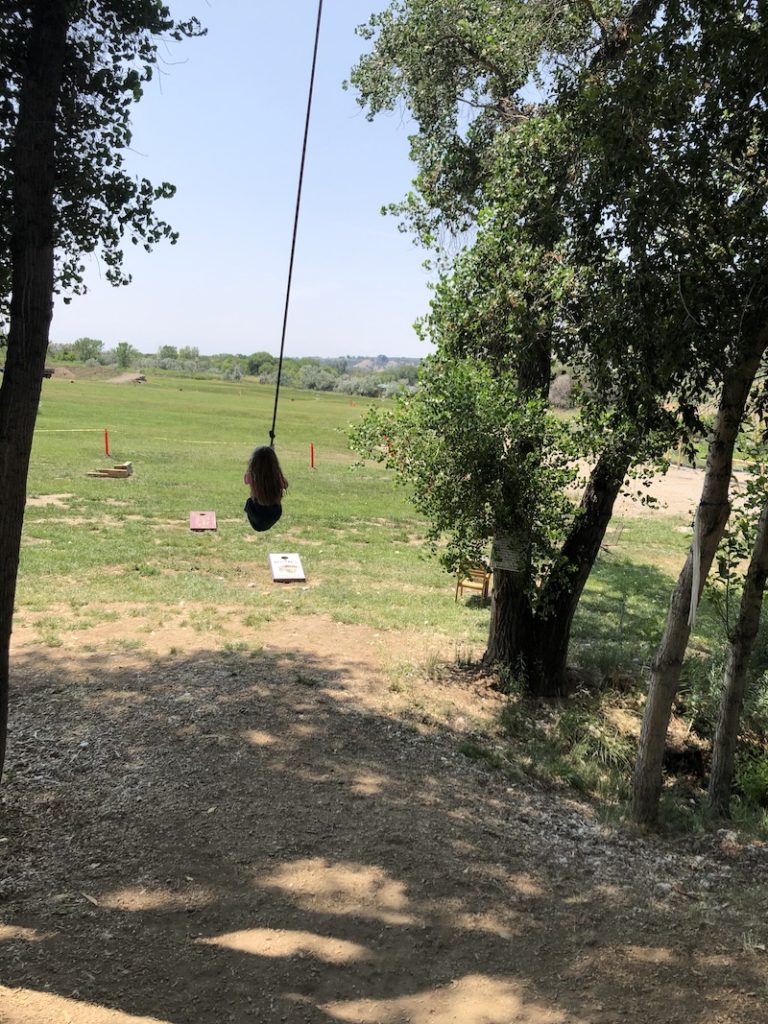Time to Play
By Heather Melton, UTO Staff Officer

We live across the street from a park that is well loved in our community. As the seasons change, the number of people using the park shifts. This past week, we had beautiful weather, and the park was constantly in use. Families with young children arrive as soon as it is warm and stay until about dinner time. In the evening, teenagers come to the park. As a society I think we sometimes think the worst of teenagers (my 7-year-old daughters think that teenagers loiter at Sonic and spray-paint things for fun…both of which are true in our community, but not the whole story); developmentally they are going through an immense amount of change and growth that can be both challenging, fun, and exhausting. But in the evenings when I see the teens heading over to the park, I rejoice when I see them play. They swing, they slide down the slides, and they laugh. Yes, they take selfies and sit on the grass and talk, but they play. I always smile when I see them playing, especially after the past few years. It is good to see the teenagers embrace play, and a reminder that we should, too.
Brené Brown in her book, “The Gifts of Imperfection,” spends an entire chapter on the importance of play. Play is defined as anything that makes us lose track of time and self-consciousness. For small children, we often see this as imaginative play; for example, my kids can spend hours playing with their dolls, creating elaborate stories and events. Play is often time set apart; it’s why snow days have become such a huge fight between school administrators and parents. As a parent, I see the importance of snow days for play and the lack of any kind of schedule; for administrators, they see that parents see school as childcare so they can work, and that children fell behind academically during the pandemic. While all these points are true, if we want our kids to thrive, we need to create spaces for play…and the best way to do that is for the adults to model play and applaud it in others. Brown teaches that play is at the core of our ability to be creative and innovative, two qualities we desire in people. It can be anything that creates a clear space out of which ideas can be born.
As Christians we believe that Easter is the reminder that God is making all things new. Resurrection comes from things ending. New life cannot come about if we don’t create space for it. It’s true in our gardens, and it is true in our lives. Play creates the space where things can be resurrected. For those of us in the Northern Hemisphere, May is a month where all seems possible as spring melts into summer; resurrection is happening all over the place, and somewhere deep inside us stirs a still small voice inviting us to play. This month, I invite you to give thanks for that calling to play and take advantage of it, celebrate it in others, and give thanks for the creativity and innovation that comes out of play. Pick something you love doing for fun, and when you ask yourself where the time went, instead of thinking through all the tasks you should have done, give thanks for the time to play. Remember, play is anything that lets you lose track of time and refill your tank, from knitting to roller skating to swinging at the park. Share with us the moments of play that you’re thankful for on our social media pages, so we can join in the celebration. Encourage those you love to play, too, from your family to your clergy, to your postal employee. We all need to play and give thanks. I hope you’ll be surprised by what comes from your time out to play, or at the very least, that the Holy Spirit shows up to remind you that this time of play was the exact moment that God was making you new, too.

